Annexation
To evacuate Zaporizhzhya and Kherson – to relocate hundreds of thousands of residents who support Ukraine, whose relatives serve in the Ukrainian Defence Forces, who have donated to the military and resisted the occupation – simply to prevent them from ending up in basements or filtration camps?
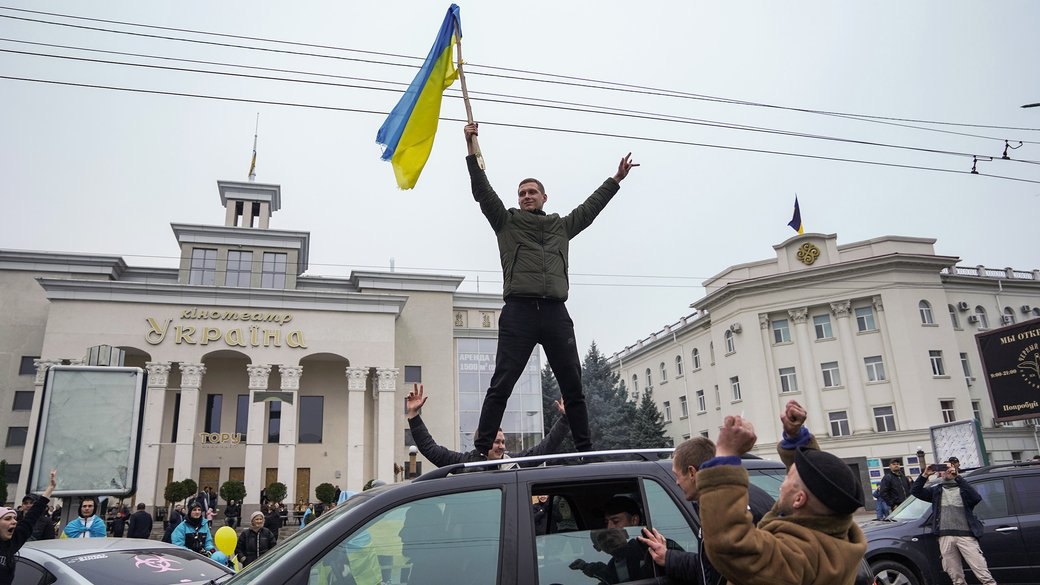
Even putting aside the fact that no one would agree to such a plan, and that anyone who voiced it publicly in Ukraine would become a political outcast. Where would these people go, how would they survive, and who would fund their resettlement? The combined population of these cities is 1.3 million. Transport, housing, employment, humanitarian aid, and logistical arrangements would cost tens of billions of dollars.
We have already seen how the United States prefers a swift peace agreement, while the European Union is left to finance a peacekeeping mission and provide a military contingent for it.
We do not need a fortune teller to predict the outcome: there will be no money for this. In such a scenario, the war would merely fade into the background for a few years – and, as ever, it would be up to the drowning to save themselves.
Ceasefire
Is Russia demanding that Ukraine first withdraw its troops, and then – after 30 days – a ceasefire will be declared?
In other words, Ukraine is expected to sign a document that would permit continued attacks by KABa and cruise missiles on a rotational basis; a document prohibiting the redeployment of forces in the event of renewed escalation – an advance in the Sumy and Chernihiv Regions, amphibious landings, or attempts at encirclement?
Such a document does not exist in principle. If Ukrainian units are attacked, they will respond – the Armed Forces do not consist of people willing to commit suicide.
And where is the guarantee that, upon withdrawal from the Donbas agglomerations, from fortified positions and the right bank, Russian troops will not continue their advance? There is no such guarantee. The burden would fall on withdrawing troops, vulnerable to amphibious landings – as in Poti, Georgia – and airborne assaults, as in the Kodori Gorge. Anyone who suggests otherwise is delusional.
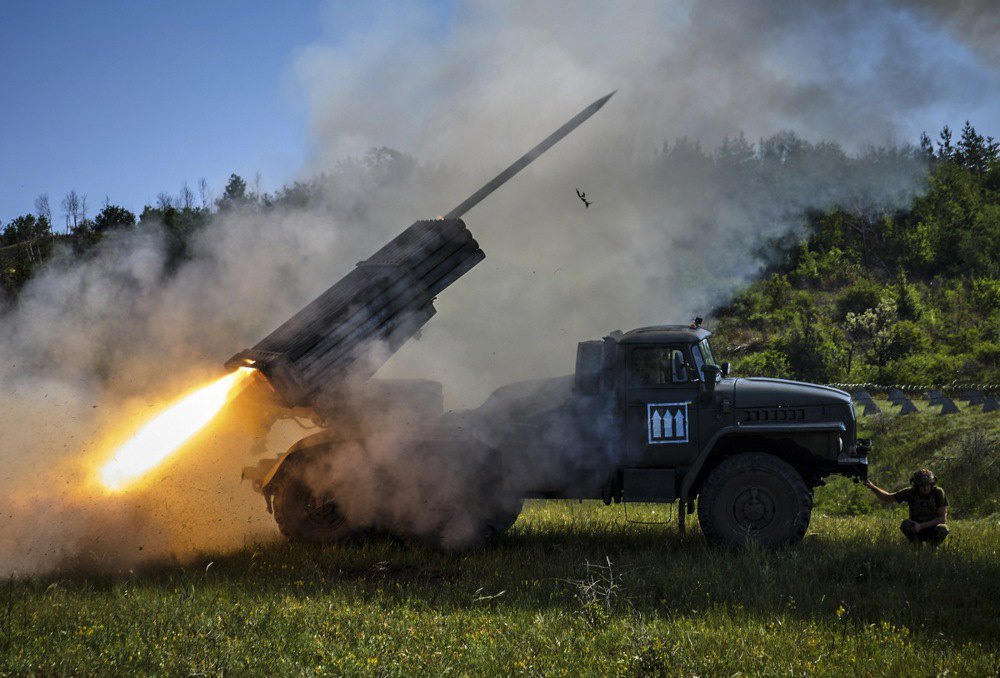
Demobilisation
Disband some of the most capable Ukrainian units – Azov, the Third Assault Brigade, and elements of the National Guard – and begin demobilisation? And then believe that the war will certainly not extend the way it happened in 2022? That the Russian army has merely arrived for training? That the evidence of atrocities in Bucha, according to Moscow, was entirely staged at the Dovzhenko Film Studio?
Ukraine may not be a model of administrative efficiency, but nowhere in the world would such decisions be taken. To lay down arms would mean inflicting Bucha upon the entire country – there would be no other outcome when dealing with the Kremlin. This has already been demonstrated by the use of sledgehammers in Syria and by torture chambers in Russia, where FSIN employees have been known to rape prisoners.
Prohibition of NATO membership and military assistance from the West
So, a document has been signed. But how is it to be enforced? How can we ensure that, instead of containers with building materials and equipment for post–war reconstruction, Ukraine does not receive drones, unmanned aerial vehicles, or covert training for officers in EU countries?
Should international observers be deployed to monitor such sites? Circumventing surveillance at known bases poses no great challenge – such assistance can easily be delivered through alternative channels.
This is to say nothing of the fact that any presence of Russian forces within Ukrainian territory would immediately become the target of drone strikes, bombings and determined guerrilla resistance. Today, drones can be assembled in ordinary kitchens, and the hundreds of thousands of Ukrainians who have lost family members, homes or livelihoods are not going to disappear. The hatred stoked by the Kremlin will continue to claim lives for many years to come.
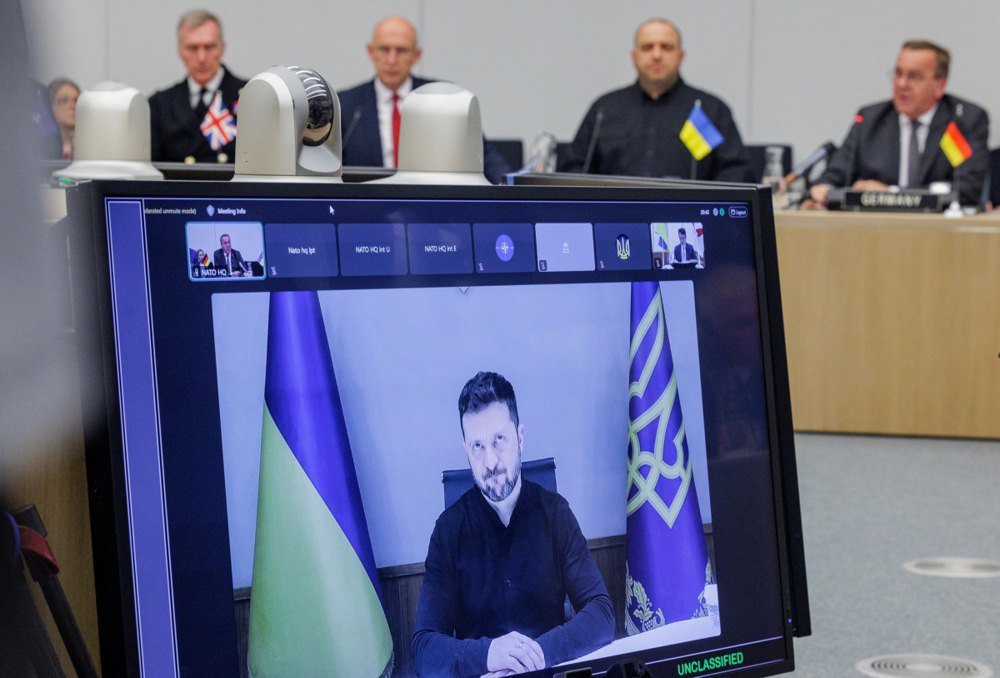
The First Lebanese War as an example of a peace process
Lebanon suffered a total defeat in 1982: its capital was stormed; Israeli forces were supported by Christian militias; and part of the country fell under Syrian occupation.
The demands made by Israel included the creation of a security zone in southern Lebanon, the evacuation of 14,000 enemy fighters from Beirut, and the holding of elections with the participation of Christian factions.
Annexation of major cities, disarmament, or restrictions on the Lebanese armed forces? Israel made no such demands.
In other words, a country that was decisively defeated and became the theatre of a civil war received more lenient conditions from its opponent than those now being demanded of Ukraine – a country that, despite suffering great losses and exhaustion, has not been defeated.
This is sheer madness – a reflection of just how disconnected from reality the Kremlin has become.
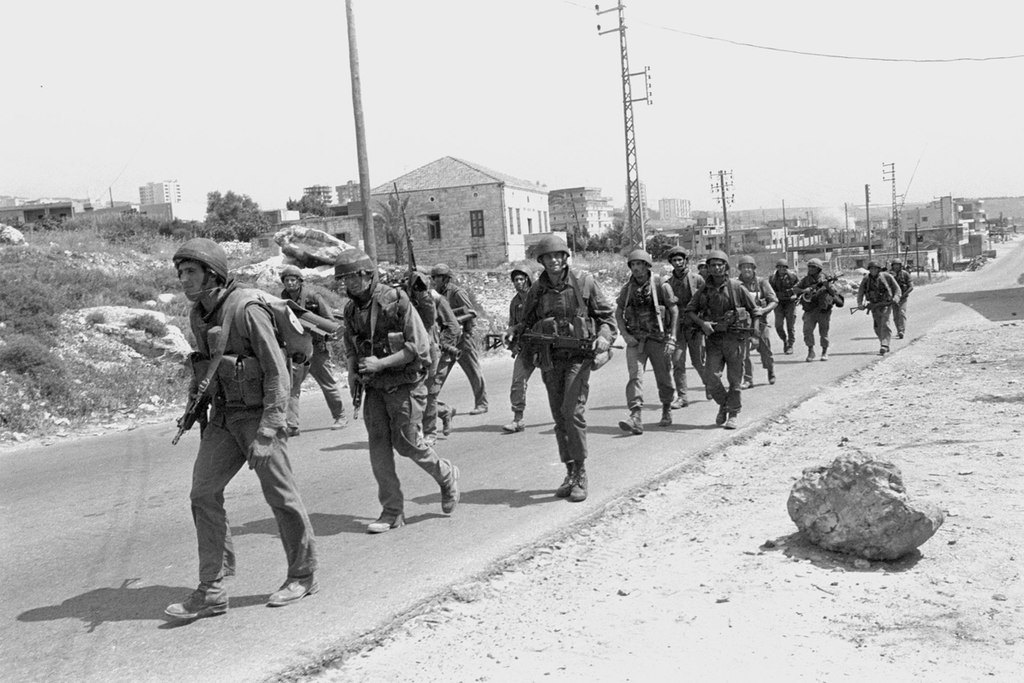
Peace lies in the hands of those who started the war
So once again: the war will continue until the physical destruction of the Russian regime – either through the death of Vladimir Putin or a coup.
The war will continue until Ukraine is occupied and defeated – in which case urban guerrilla warfare will begin.
The war will continue until Russia suffers military defeat and the Federation collapses – in which case the Ukrainian Defence Forces will move into the Belarusian National Republic for stabilisation operations.
The war will continue until the Russian Federation enters a deep economic recession and agrees to another negotiated settlement – even if it is branded as the “Istanbul Accords” – with a view to launching a renewed offensive as soon as conditions allow.
Peace is always in the hands of those who started the war.
Bicameral consensus
There is, however, some good news: US House Speaker Mike Johnson has publicly affirmed that both the Republican Party and he personally support tougher sanctions against Russia and those nations assisting in the circumvention of those sanctions. “Many members of Congress want us to impose the toughest possible sanctions on Russia. And I support that.” A strong and timely stance.
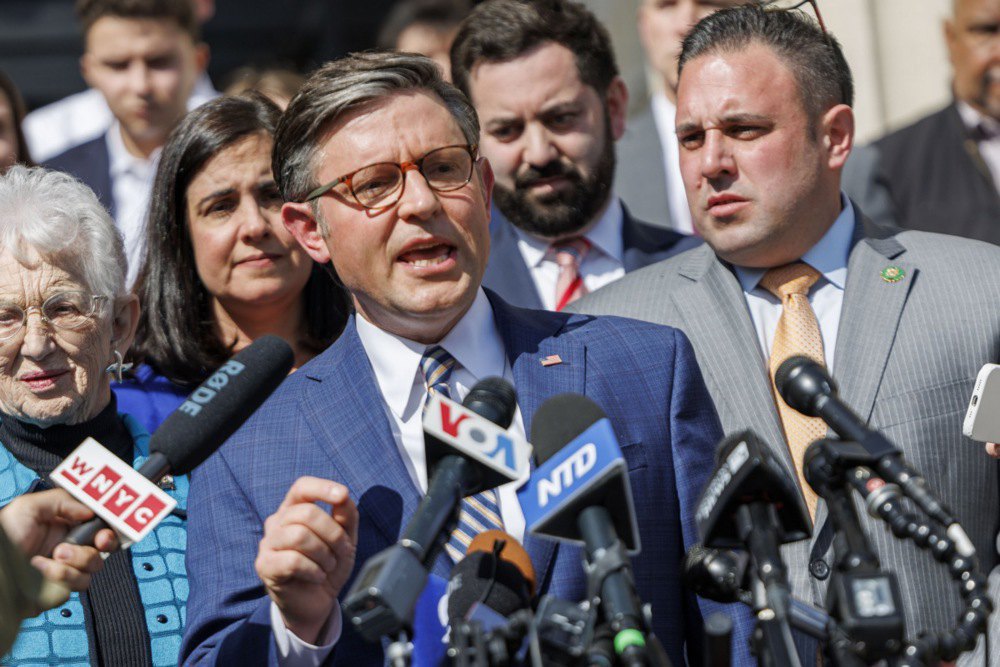
Proposals currently under consideration include 500% tariffs on countries purchasing Russian hydrocarbons, as well as stricter sanctions targeting Russian banks and the energy sector.
While President Donald Trump has yet to endorse such measures – and is likely to veto them – it is evident that both the Senate and the House of Representatives have come to understand that Moscow is making deliberately impossible demands simply to sabotage negotiations and buy time ahead of the summer campaign.
In this context, Operation Spider’s Web is entirely justified – for when faced with the threat of strategic bombing unless one accepts unattainable conditions, there is only one possible response: to strike, and strike decisively.







